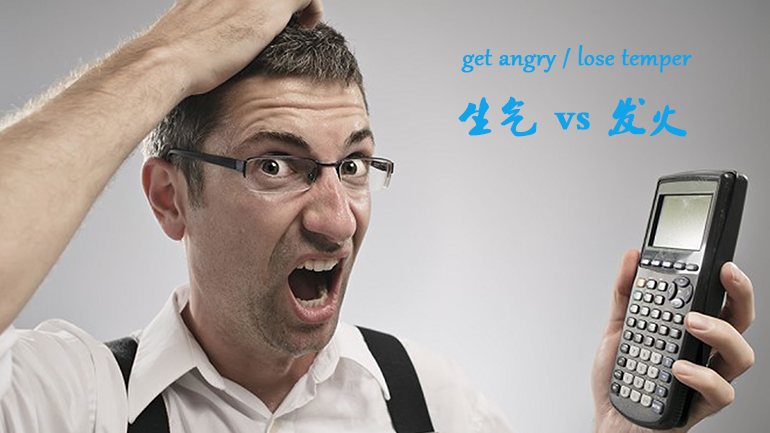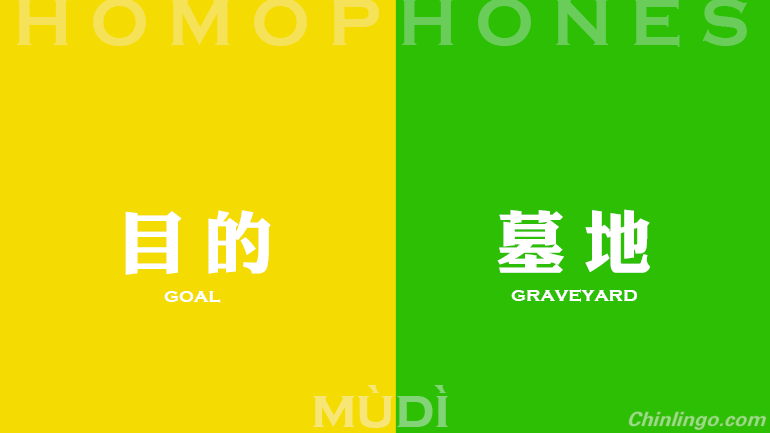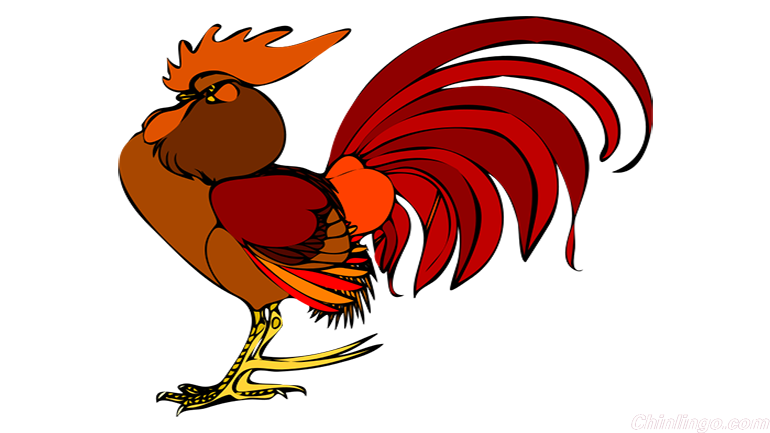How to use “生气” and “发火” in Chinese
If you're annoyed or losing your temper, you might want to explain why.The structure for this in Mandarin is: 为 something 对 someone 生气 or 为 _什么_ 对 _谁_ 生气 (to be angry with someone about something).
Read MoreHazardous homophones in Chinese
Chinese homophones refer to those different characters with the same tones, but totally different meanings. Here are some examples.
Read MoreChinese slang term: 桃花运
The phrase "走桃花运 (zǒu táo huā yùn)" literally means "to have peach blossom luck". It refers to "being lucky in love". In most cases, we only say that men will have "桃花运".
Read MoreArt Business program to ease talent shortage in arts management
China's once-booming art market has slowed significantly in recent years, held back by a sluggish economy and a nationwide crackdown on corruption. But that has not dampened the hopes of aspiring gallery owners, antiques traders and artists across China.
Read MoreJD.com joins hands with Tencent over ‘Brand-Commerce’ platform
Tencent and JD.com are strengthening their ties by creating a joint platform 'Brand-Commerce' to reshape the country's traditional marketing and advertising industry.
Read MoreCertain civil service jobs losing appeal to candidates
But candidates show no interest in certain positions, with more than 800 left vacant.
Read MoreChinese slang term: 放鸽子
放鸽子 (fàng gēzi) is a common spoken phrase that literally means "to release a dove". In fact, the phrase mainly means that one doesn't keep his promise.
Read MoreHow to use “零” (zero) in Chinese
One difficulty when reading out numbers in Chinese is the zeros. Read this article to find out some useful tips.
Read MoreNumber of Chinese tourists to Britain sets a new record in 1st half of 2015
British tourism officials are expecting the total number of Chinese visitors for the year to reach more than 200,000.
Read MoreChinese slang term: 铁公鸡
The term "铁公鸡" comes from the Chinese idiom "铁公鸡,一毛不拔". But what the term "铁公鸡" is really used to refer to is a mean, stingy person who won't share a dime.
Read More












 闽公网安备 35020302035673号
闽公网安备 35020302035673号